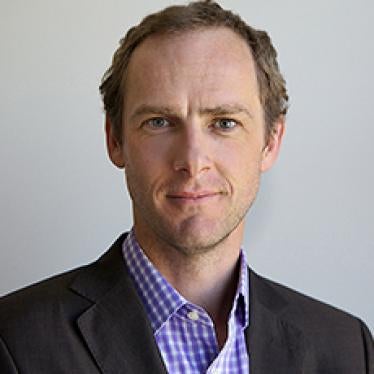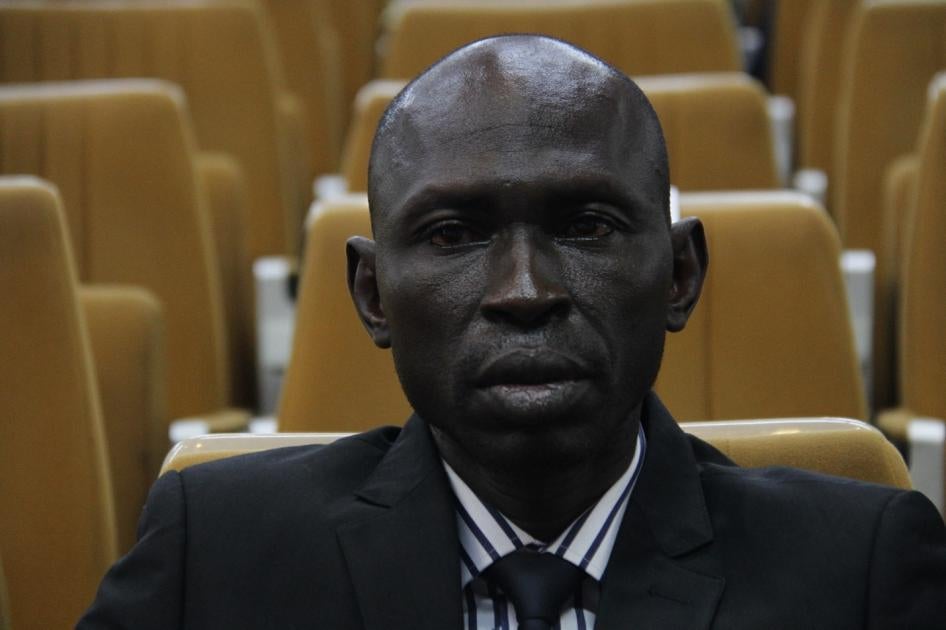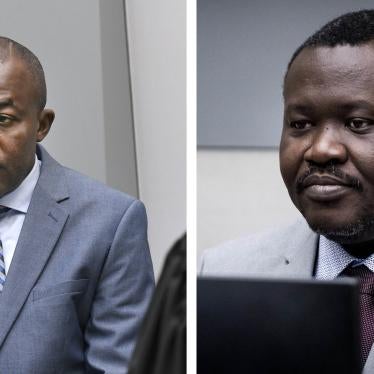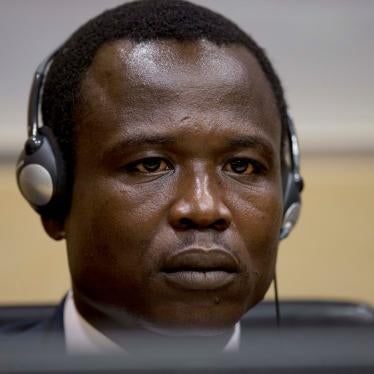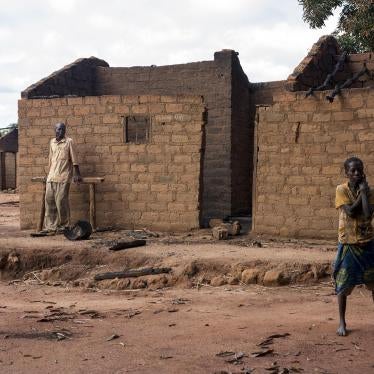On March 14, Chad surrendered a former military coordinator of a group of anti-balaka militia in the Central African Republic, Maxime Mokom, to the International Criminal Court (ICC). Mokom had fled to Chad after having taken part in a rebel coalition that unsuccessfully tried to take power in 2020. The crimes for which he will face justice, and are the basis of the ICC’s warrant for his arrest issued in 2018, go much further back, however.
Between 2014 and 2016 fighters from anti-balaka fought with mostly-Muslim Seleka groups for control over roads and villages in Nana-Grebizi province, with civilians caught in the middle. Many Muslims fled. The anti-balaka eventually turned on those left behind who they believed opposed them or sided with their Muslim neighbors. Over time, anti-balaka fighters attacked anyone they came across, killing, raping, and looting. Mokom was one of their leaders.
In 2016, I met a 25-year-old-woman in Kaga Bandoro, the capital of Nana-Grébizi province, who told me how she was raped at gun point by two anti-balaka fighters and beaten afterwards. “They took off their belts and started to hit me. They said it’s God who gave me to them; now they are going to do what they want with me.” One of the men who raped her, the survivor recalled, was Franco Yagbegue, a zone commander also known as Pelé. When I met Pelé in August 2015, before he committed this rape, he told me that the anti-balaka structure he served in was coordinated by Mokom.
Mokom is a poster boy for how violence and impunity pay off in the country. While the rape survivor was left to try to put her life back together, he went on to become a minister in 2019 after a peace deal ceded many top government posts to rebels. For years he was considered untouchable and the thought of him facing justice seemed impossible. Until now.
Mokom is the third anti-balaka leader to be sent to The Hague. So far, only one Seleka commander, Mahamat Said Abdel Kan, is at the ICC.
Chad’s cooperation is commendable, and it should be encouraged to surrender other rebel leaders who are implicated in serious crimes – from both the Seleka and the anti-balaka – who continue to evade justice in Chad. Like Mokom, they should become examples of justice, not impunity.
